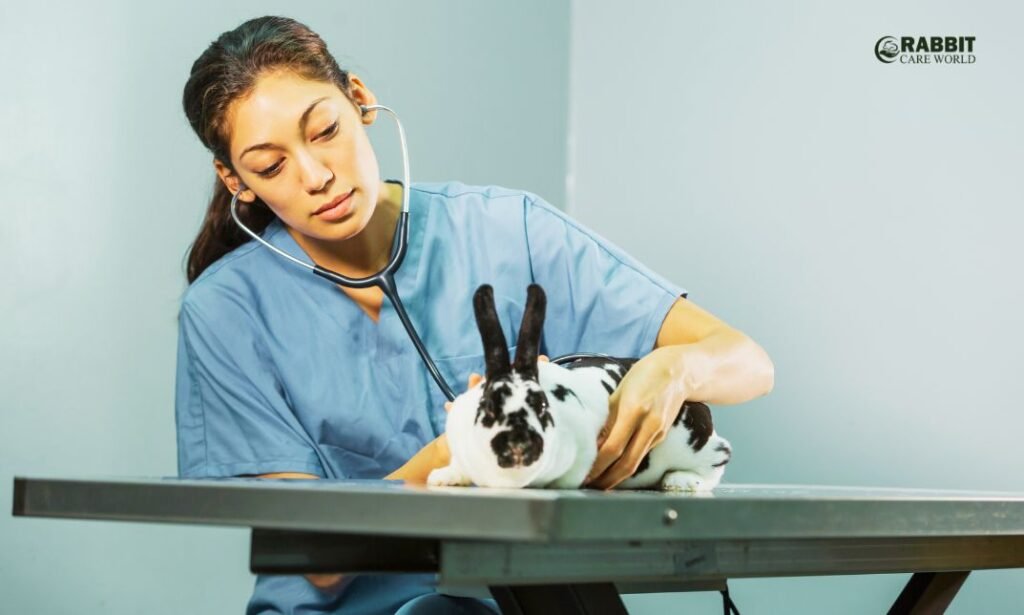Yes, guinea pigs do sleep, but their sleep patterns are unique. They have short, frequent naps throughout the day and night.
Wondering, do guinea pigs sleep? Then yes, Guinea pigs are fascinating creatures with many interesting habits. Unlike humans, they don’t have one long sleep period. Instead, they take many short naps. This behavior can puzzle new guinea pig owners. Understanding their sleep patterns can help you ensure your pet is comfortable and healthy.
In this post, we will explore how and when guinea pigs sleep. We’ll also offer tips on creating the best environment for them. By learning more about your furry friend’s sleep habits, you can better meet their needs and enjoy your time together.
Table of Contents
ToggleGuinea Pig Sleep Patterns
Guinea pigs are fascinating creatures with unique sleep habits. Understanding these patterns can help you ensure your pet’s well-being. Unlike humans, guinea pigs have different sleep cycles and may rest at various times throughout the day and night. Knowing their sleep behavior is key to providing a comfortable environment for your furry friend.
Diurnal Or Nocturnal?
Guinea pigs are neither diurnal nor nocturnal. They have a unique sleep pattern. They take short naps throughout the day and night. These naps usually last for a few minutes at a time. This means they do not have a specific time for sleeping or being active. They adjust their sleep and activity based on their surroundings.
Sleep Cycles
Guinea pigs do not follow the typical sleep cycles seen in humans. They have polyphasic sleep patterns. This means they sleep multiple times within a 24-hour period. Each nap is brief, sometimes only lasting 10 minutes. These short naps allow them to stay alert and respond to any potential threats quickly. It’s important to provide a quiet and safe space for them to rest.
How Guinea Pigs Sleep
Guinea pigs have unique sleeping habits that differ from other pets. They are crepuscular, meaning they are most active during dawn and dusk. Understanding how guinea pigs sleep can help you create a comfortable environment for your furry friend.
Sleep Positions
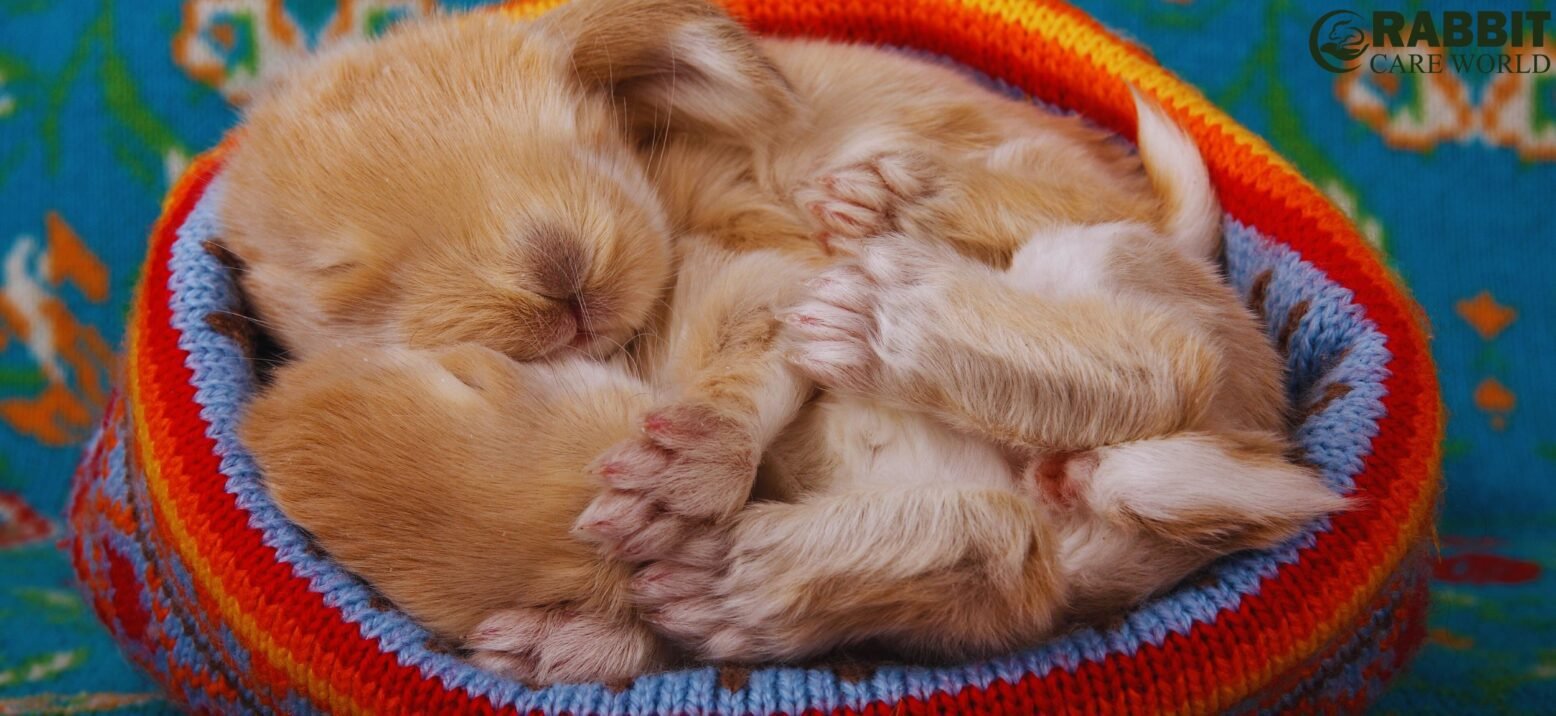
Guinea pigs have various sleep positions that indicate their comfort level. They often lie down with their legs tucked under their bodies. Sometimes, they stretch out, showing they feel safe and relaxed. You may also notice them in a half-sitting position, ready to spring into action if needed.
| Position | Description |
|---|---|
| Tucked Legs | Legs under body, sign of comfort |
| Stretched Out | Full body stretch, very relaxed |
| Half-Sitting | Ready to move quickly |
Favorite Spots
Guinea pigs have favorite spots where they feel safe to sleep. These spots are usually hidden areas like small houses, tunnels, or corners of their cage. They prefer quiet, dark places away from disturbances.
- Small houses
- Tunnels
- Cage corners
- Under hay piles
Creating these cozy spots in their cage can help them feel secure. Ensure there are enough hiding spots for all your guinea pigs. This helps them rest well, which is essential for their health.
Sleep Duration
Understanding the sleep duration of guinea pigs is key to ensuring their well-being. These small creatures have unique sleep patterns. They don’t follow the same sleep routine as humans. Knowing how long they sleep and their nap habits can help you provide a better environment for them.
Daily Sleep Hours
Guinea pigs sleep around four to six hours a day. They have short sleep cycles. Unlike humans, they do not sleep for long periods. Their sleep is spread out in small chunks throughout the day and night. This means they are often awake and active at various times.
Nap Frequency
These little animals take many naps. Each nap lasts about ten to thirty minutes. They do this many times a day. It helps them stay alert and ready to move. Their frequent naps are a part of their natural behavior.
Light And Sleep
Guinea pigs have unique sleep patterns. They don’t sleep for long stretches like humans. Light plays an important role in their sleep habits. Understanding their light sensitivity and optimal lighting conditions can improve their sleep quality.
Light Sensitivity
Guinea pigs are sensitive to light. Bright lights can disturb their sleep. They prefer dim or low lighting when resting. Sudden bright lights can startle them. This can cause stress and disrupt their sleep cycle.
Natural light is best for them. It helps regulate their body clock. Too much artificial light can confuse their sleep patterns. Keep their cage in a well-lit room but avoid direct sunlight.
Optimal Lighting
Creating the right lighting environment is crucial. Use soft lighting in the room where they stay. Soft lighting mimics natural light and helps them feel secure. Avoid placing their cage under bright lamps or near TV screens.
Covering their cage with a light cloth can help too. It can reduce light exposure and create a cozy, dark space. This can help them relax and sleep better. Always ensure there is some light during the day. Total darkness can also be unsettling for them.
Sound And Sleep
Guinea pigs are small, sensitive creatures. Their sleep can be easily disturbed by noise. Understanding how sound affects their sleep is important for pet owners. A quiet environment can help your guinea pig rest better.
Noise Sensitivity
Guinea pigs have keen hearing. They can hear sounds that humans cannot. This makes them very sensitive to noise.
Loud noises can startle them. This can disrupt their sleep. Even small sounds can wake them up. It’s important to keep their habitat quiet.
Imagine living next to a busy road. The constant noise would be disturbing. Guinea pigs feel the same way about loud environments. They need peace and quiet to sleep well.
Quiet Environment
Creating a quiet space for your guinea pig is essential. A peaceful environment helps them feel safe and secure.
Place their cage in a quiet room. Avoid areas with high foot traffic. Keep them away from loud appliances like TVs and washing machines.
Use soft bedding to reduce noise. Hard surfaces can amplify sound. Soft bedding absorbs noise, helping to create a quieter environment.
Consider a white noise machine. It can mask sudden sounds. This can help your guinea pig sleep better.
Here’s a simple table to summarize tips for a quiet environment:
| Tip | Description |
|---|---|
| Quiet Room | Place the cage in a low-traffic area. |
| Avoid Loud Appliances | Keep away from TVs, washing machines. |
| Use Soft Bedding | Reduces noise from movement. |
| White Noise Machine | Masks sudden, disturbing sounds. |
Ensuring a quiet environment is crucial. Your guinea pig’s sleep quality depends on it.
Health And Sleep
Guinea pigs, like all animals, need sleep for good health. Their sleep patterns differ from those of humans. Understanding these patterns can help ensure your pet’s well-being. Let’s explore the connection between health and sleep for guinea pigs.
Indicators Of Health
Healthy guinea pigs show specific behaviors. They are active and alert when awake. They have a good appetite and shiny coats. Regular sleep is vital for these indicators. Lack of sleep can lead to health issues. Watch for changes in their sleep patterns. It can signal health problems.
Sleep Disorders
Guinea pigs can suffer from sleep disorders. Stress is a common cause. Loud noises or sudden changes in their environment can disrupt sleep. Poor diet can also affect their rest. Ensure they have a balanced diet and a quiet space. If sleep problems persist, consult a vet. It could be a sign of an underlying issue.
Age And Sleep
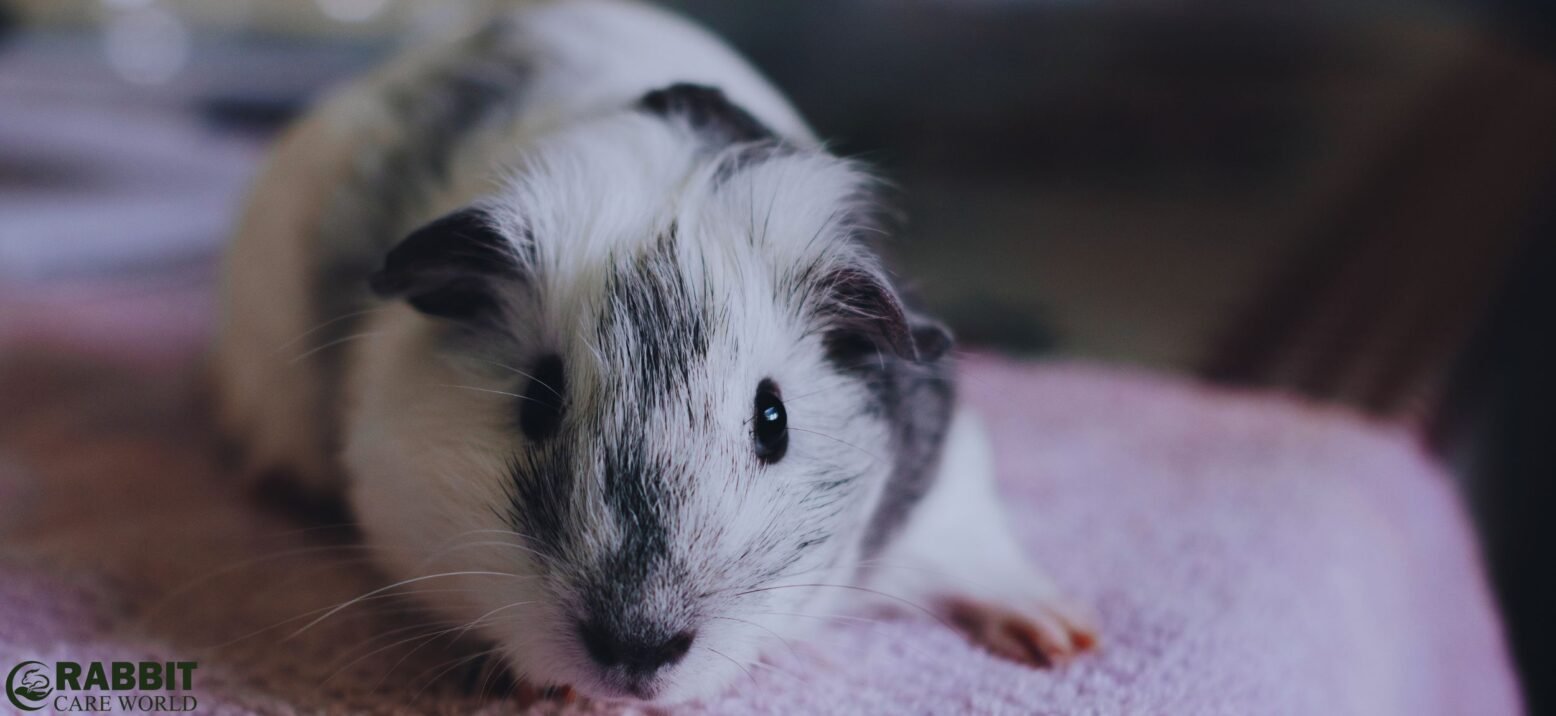
Guinea pigs, like humans, have different sleep patterns based on their age. Understanding these patterns helps in providing better care. Let’s explore how sleep differs among young, adult, and senior guinea pigs.
Young Vs Adult Sleep
Young guinea pigs are very active. They play a lot and need more sleep. These tiny furballs nap frequently throughout the day. Their sleep is often short but happens many times.
As guinea pigs grow into adults, their sleep patterns change. Adult guinea pigs still take naps but sleep more at night. They get longer periods of rest compared to when they were young. This helps them stay active during the day.
Senior Guinea Pigs
Senior guinea pigs tend to sleep more. They tire easily and need more rest. Their naps become longer, and they may sleep deeply. Providing a quiet and comfortable space helps them rest better.
Older guinea pigs may also show changes in their sleep due to health issues. It’s important to monitor their sleep and consult a vet if there are sudden changes. Proper sleep is crucial for their well-being.
Comfort And Bedding
Guinea pigs need a comfortable sleeping area. Proper bedding ensures their health and happiness. They sleep in short naps throughout the day and night. A cozy bed helps them feel safe and relaxed.
Cozy Bedding Options
Soft, absorbent bedding is ideal for guinea pigs. Fleece liners are a popular choice. They are washable and reusable. Paper bedding is another option. It is soft and highly absorbent. Avoid cedar or pine shavings as they can harm your pet.
Cleaning Tips
Regular cleaning keeps the bedding fresh and hygienic. Spot-clean daily to remove waste. Change the bedding completely once a week. Wash fleece liners with mild detergent. Ensure the cage is dry before adding new bedding. This prevents mold and odors.
Behavioral Signs
Guinea pigs have unique behaviors that show their sleep and awake states. Observing these signs helps you understand their needs and comfort. Let’s explore these behavioral signs in detail.
Sleepy Behaviors
Guinea pigs exhibit certain behaviors that show they are sleepy. These signs include:
- Closed eyes or half-closed eyes
- Staying still and quiet
- Curled up in a cozy corner
- Slow breathing
When guinea pigs feel safe, they might sleep with eyes open. It is a natural instinct to stay alert to potential threats. So, don’t worry if you see them sleeping this way.
Awake And Active
When awake, guinea pigs show different behaviors. They are usually energetic and curious. Some signs of an active guinea pig include:
- Exploring their environment
- Chirping or making other sounds
- Eating or drinking
- Running and playing
Guinea pigs have short bursts of activity. They enjoy interacting with their surroundings and their owners. Providing toys and hiding spots can keep them engaged and happy.
Social Sleep Habits
Guinea pigs are social creatures. Their sleep habits reflect their social nature. They have unique sleeping patterns. Understanding these can help you provide better care for them.
Sleeping Alone Or Together
Guinea pigs often sleep in groups. This behavior stems from their wild ancestors. Sleeping together offers protection from predators. It also provides warmth and comfort. If you have more than one guinea pig, they will likely huddle together. They feel safer this way.
Some guinea pigs may prefer sleeping alone. This can be due to their personality. Or they may not have bonded well with the others. Ensure each guinea pig has its own space. This way, they can choose to sleep alone or with friends.
Bonding Through Sleep
Sleeping together helps guinea pigs bond. It strengthens their social ties. They feel more secure around each other. This can reduce stress and improve their overall well-being. If your guinea pigs sleep together, it is a good sign. It shows they trust each other.
Even if they sleep apart, they can bond through other means. Sharing food, grooming, and playing are also bonding activities. Pay attention to their interactions. This will help you understand their social structure better.
Diet And Sleep
Understanding the connection between diet and sleep is important for guinea pig owners. A balanced diet impacts their overall health and sleep patterns. Let’s explore how diet influences their sleep.
Impact Of Diet
A guinea pig’s diet has a direct impact on sleep quality. Fresh vegetables and fruits provide essential vitamins. These nutrients help regulate their internal body clock. Lack of proper nutrition can lead to restless sleep. Ensure their diet includes a variety of healthy foods.
Guinea pigs need plenty of fiber. Hay should be available at all times. It aids digestion and keeps them active during the day. An active guinea pig sleeps better at night. Avoid sugary treats and processed foods. They can cause energy spikes and disturb sleep.
Food Timing
The timing of feeding also plays a role. Guinea pigs are crepuscular, active at dawn and dusk. Feed them during these times for better sleep patterns. Offer a small meal in the morning. Provide the main meal in the evening. This aligns with their natural habits.
Consistent feeding times create a routine. A routine helps guinea pigs feel secure. Secure pets sleep more soundly. Avoid feeding large meals before bedtime. It can cause discomfort and disrupt sleep. Instead, offer a light snack, like a slice of cucumber or bell pepper.
Exercise And Sleep
Guinea pigs need both exercise and sleep for a healthy life. Active guinea pigs sleep better and stay healthier. This balance of activity and rest is crucial.
Activity Levels
Guinea pigs are naturally active creatures. They need space to run and play. A large cage with tunnels and toys is ideal. This setup encourages movement and play.
Regular exercise helps keep them in shape. It also prevents obesity and related health issues. Active guinea pigs are more likely to sleep well. They burn off energy and tire out by bedtime.
Daily playtime outside the cage is beneficial. Supervised play ensures safety. Engage them with interactive toys or obstacle courses.
Promoting Good Sleep
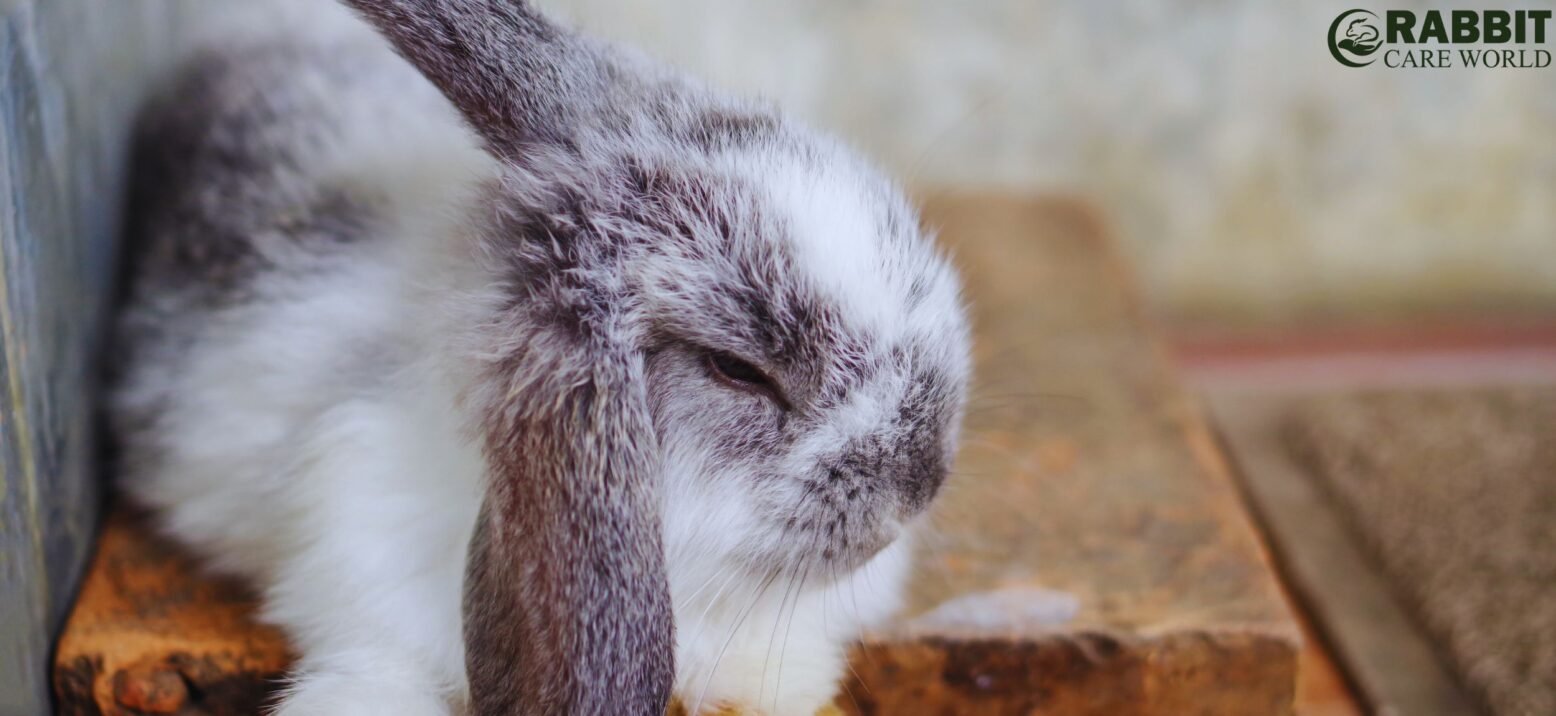
Creating a comfortable sleep environment is essential. A quiet, dark place helps them rest. Soft bedding like hay or fleece provides comfort.
Stick to a routine. Regular feeding and play times help establish a sleep schedule. Consistency is key to good sleep habits.
Minimize noise and disturbances during their sleep hours. Ensure the cage is in a calm area of your home. Avoid placing the cage near loud appliances or busy spots.
| Factor | Recommendation |
|---|---|
| Exercise | Daily playtime, large cage, interactive toys |
| Environment | Quiet, dark, comfortable bedding |
| Routine | Consistent feeding and play times |
By ensuring proper exercise and a good sleep environment, your guinea pig will lead a happier, healthier life. A balanced routine of activity and rest is the foundation of their well-being.
Common Sleep Myths
Many people have misconceptions about guinea pigs and their sleep habits. These myths can lead to confusion. Understanding the truth helps you care for your pet better.
Debunking Myths
One common myth is that guinea pigs sleep like humans. People think they need long, uninterrupted sleep. In reality, guinea pigs have a unique sleep pattern. They take many short naps throughout the day and night.
Another myth is that guinea pigs sleep only at night. They are actually crepuscular. This means they are most active during dawn and dusk. They sleep in short bursts, about 10-30 minutes each time. This pattern helps them stay alert to predators.
Facts Vs Fiction
Let’s separate the facts from the fiction:
| Myth | Reality |
|---|---|
| Guinea pigs sleep like humans | Guinea pigs take short naps |
| Guinea pigs sleep only at night | Guinea pigs are crepuscular |
| Guinea pigs need complete darkness | Guinea pigs can sleep with light |
Some people think guinea pigs need complete darkness to sleep. This is not true. They can sleep with light. This is because they take many short naps, not long sleep periods.
Understanding these sleep myths can help you create a better environment for your guinea pig. Keep their cage in a quiet place. Ensure they have a comfortable space to nap. These steps will help them feel safe and secure.
Improving Sleep Quality
Ensuring your guinea pig gets good sleep is essential for its health. A well-rested guinea pig is happier and healthier. Learn how to improve their sleep quality with these simple tips.
Creating A Sleep-friendly Environment
Creating the right environment helps your guinea pig sleep better. Start with a quiet and calm area. Noise can disturb their sleep. Keep their cage away from loud sounds and busy areas.
Temperature is also important. Guinea pigs like a stable, moderate temperature. Avoid placing the cage in direct sunlight or near drafts. Aim for a temperature between 65-75°F (18-24°C).
Lighting matters too. Guinea pigs need darkness to sleep well. Use a cover to block excessive light. Ensure they have at least 12 hours of darkness each day.
Routine And Consistency
Guinea pigs thrive on routine. A regular schedule helps them feel secure. Feed them at the same times each day. This helps set a predictable pattern for their body.
Designate quiet times for sleep. Keep the environment calm during these times. Avoid handling them or making loud noises.
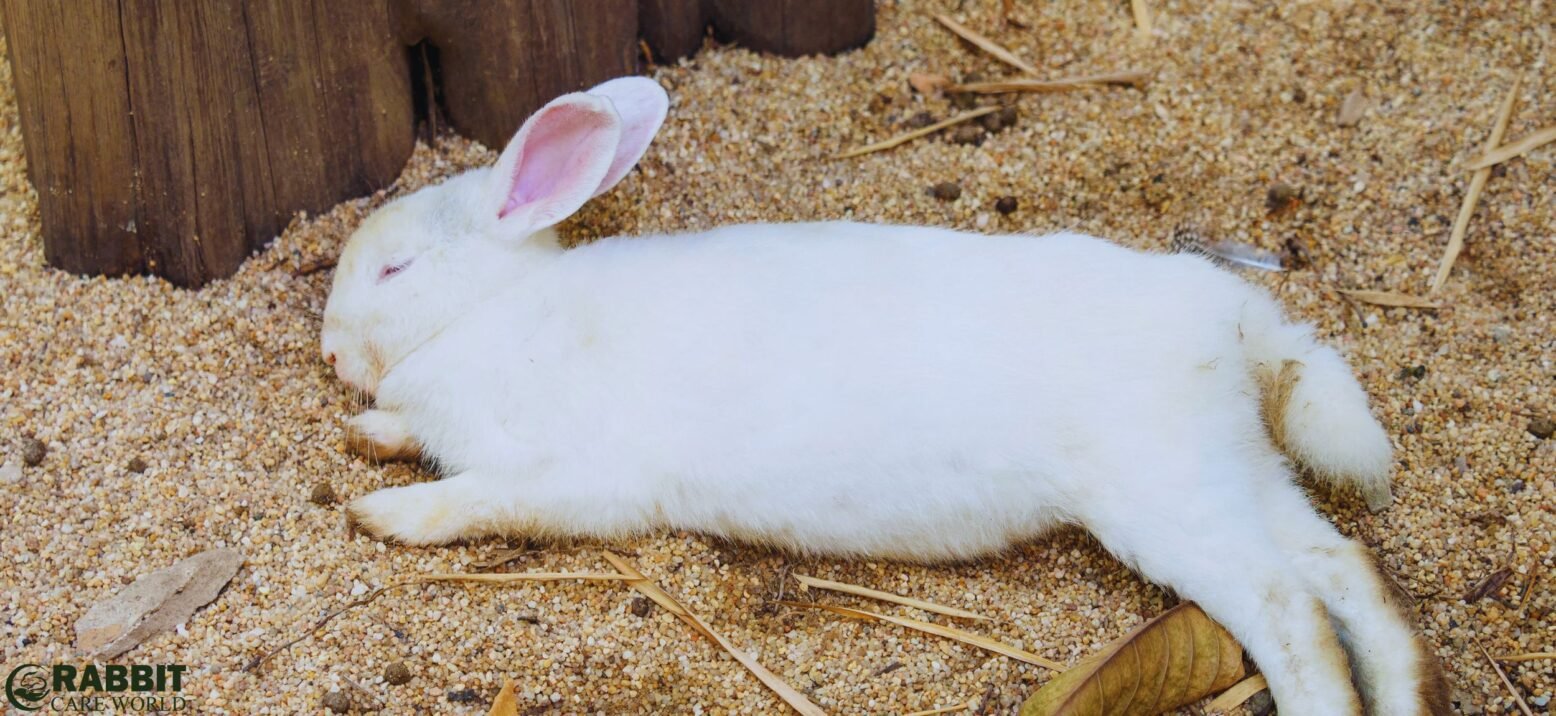
Provide comfortable bedding. Soft materials like hay or fleece work best. Clean their bedding regularly to ensure comfort.
Observe their behavior. Adjust the routine if they seem restless or stressed. Each guinea pig has unique needs.
By following these tips, you can improve your guinea pig’s sleep quality. A happy, well-rested guinea pig is a joy to have.
Frequently Asked Questions
Do Guinea Pigs Sleep At Night?
Guinea pigs sleep in short naps both day and night. They are not strictly nocturnal or diurnal.
How Many Hours Do Guinea Pigs Sleep?
Guinea pigs sleep around 4 to 6 hours a day. Their sleep is spread out in short naps.
Why Do Guinea Pigs Sleep With Eyes Open?
Guinea pigs often sleep with their eyes open to stay alert. This helps them sense danger quickly.
Where Do Guinea Pigs Prefer To Sleep?
Guinea pigs prefer sleeping in safe, enclosed spaces. They like hiding spots that mimic natural burrows.
Conclusion
Guinea pigs have unique sleeping habits. They sleep in short bursts, not long stretches. This keeps them alert and ready for action. They also need a safe, quiet space to rest. Now you know, guinea pigs don’t sleep like humans.
Their sleep patterns are different but normal for them. Understanding this helps you care for them better. So, keep observing your furry friend and ensure they have a comfy place to nap. Your guinea pig will be happy and healthy with proper care.


